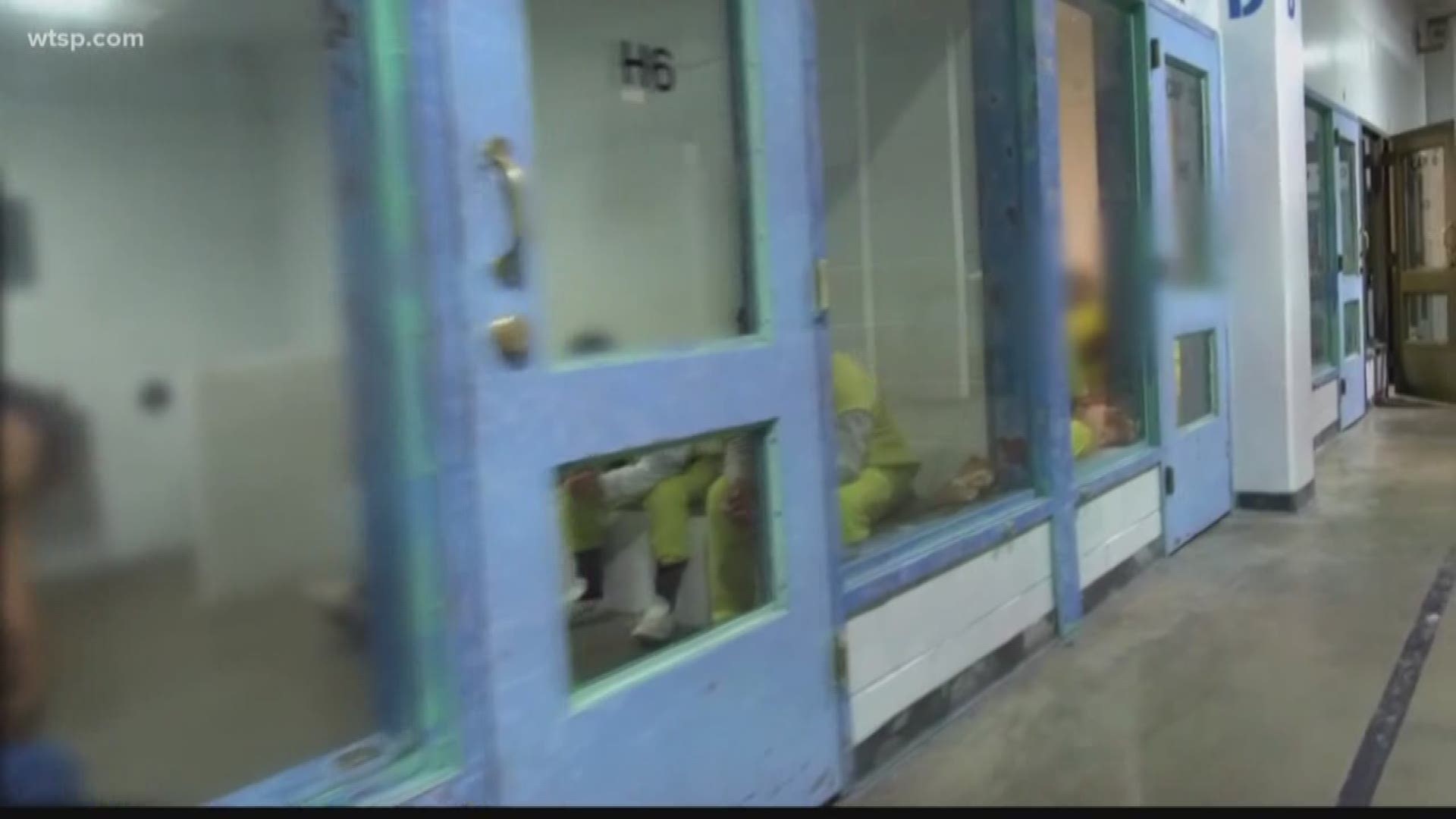TAMPA, Fla. — When it comes to race and the criminal justice system, the conversation often centers around prosecutors, who have enormous impact on the outcome of a case.
A new report from the MacArthur Foundation examined the impact of their decisions on the outcomes of 87,000 cases in Hillsborough County, and whether those decisions led to racial disparities.
“There are racial disparities in the system, there's no denying that,” said Andrew Warren, state attorney for Florida’s 13th Judicial Circuit, which encompasses Hillsborough County.
However, those disparities were minor, according to the report, which considered factors such as case filing, charge changes from arrest to filing, disposition type, charge changes from filing to disposition and sentencing.
“In this report, it wasn't looking at disparities that occur from outside the prosecutor's office. It doesn't touch on disparities that are created by economic factors and educational factors and geographic factors. We were really only looking at what's going on in the prosecutor's office so that we could look inward to see how and if we were contributing,” said Warren.
One thing the study found: Black defendants in Hillsborough County are more likely to have drug cases filed against them and less likely to be granted diversion. Interestingly, they are more likely to have their cases dismissed in instances of property offenses.
Carlos Valdes serves on the community council for the state attorney’s office. He said the report is important for accountability, especially for his organization, AMI Kids Tampa, which works with at-risk or troubled youth to help turn their lives around.
Javonnie Perry, 17, is part of the AMI Kids program. He got involved after his school attendance started to dip.
“I was going to school, but I wasn't staying in school. I was leaving school, doing stuff I wasn't supposed to be,” he said. “The teacher wasn't there anymore, so we had a different substitute there every day. So, it was like, I'd rather do something positive than just sit in the classroom and not get a grade because we don't have regular teachers."
Through his work, Valdes sees disparities in the juvenile justice system every day. While juvenile statistics were not included in the report, he wants to make sure the kids he works never become a negative number.
“We don't want for our kids to be part of that report that the state attorney has,” he said. “We want to capture them beforehand so that they can become successful in life and blossom and be that person they were born to be."
To read the entire report, click here.
What other people are reading right now:
- One year later: Woman to stand trial for allegedly leaving her daughter to drown in river
- Convicted child molester killed in Florida jail, convicted murderer charged in fatal beating
- Worker scratching his crotch led to restaurant's temporary closure, health inspectors say
- No more Fridays: Texas district adopting 4-day school week
- Guests and employees frustrated after parking lot floods at the Vinoy Resort
►Make it easy to keep up-to-date with more stories like this. Download the 10News app now.
Have a news tip? Email desk@wtsp.com, or visit our Facebook page or Twitter feed.

